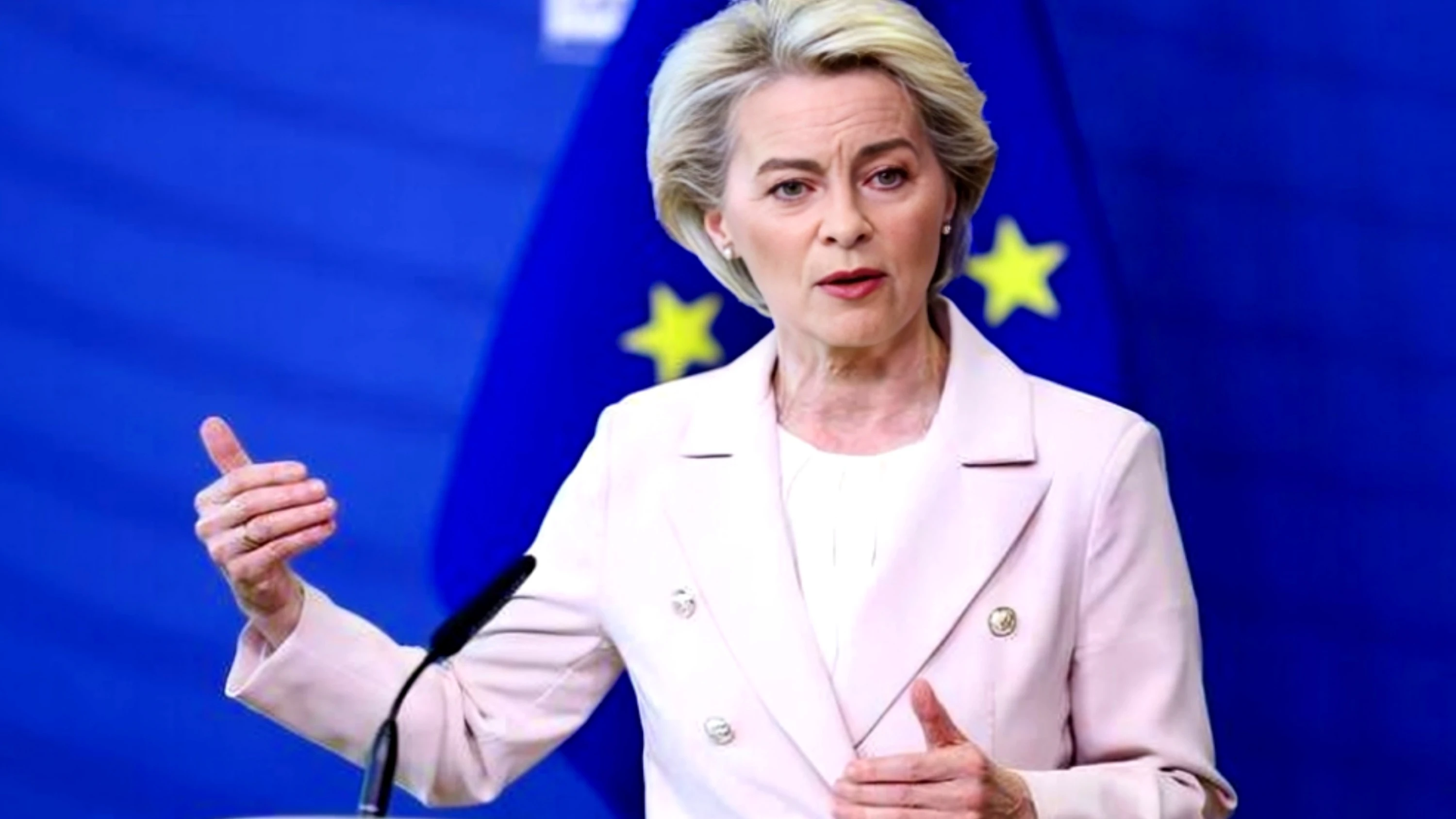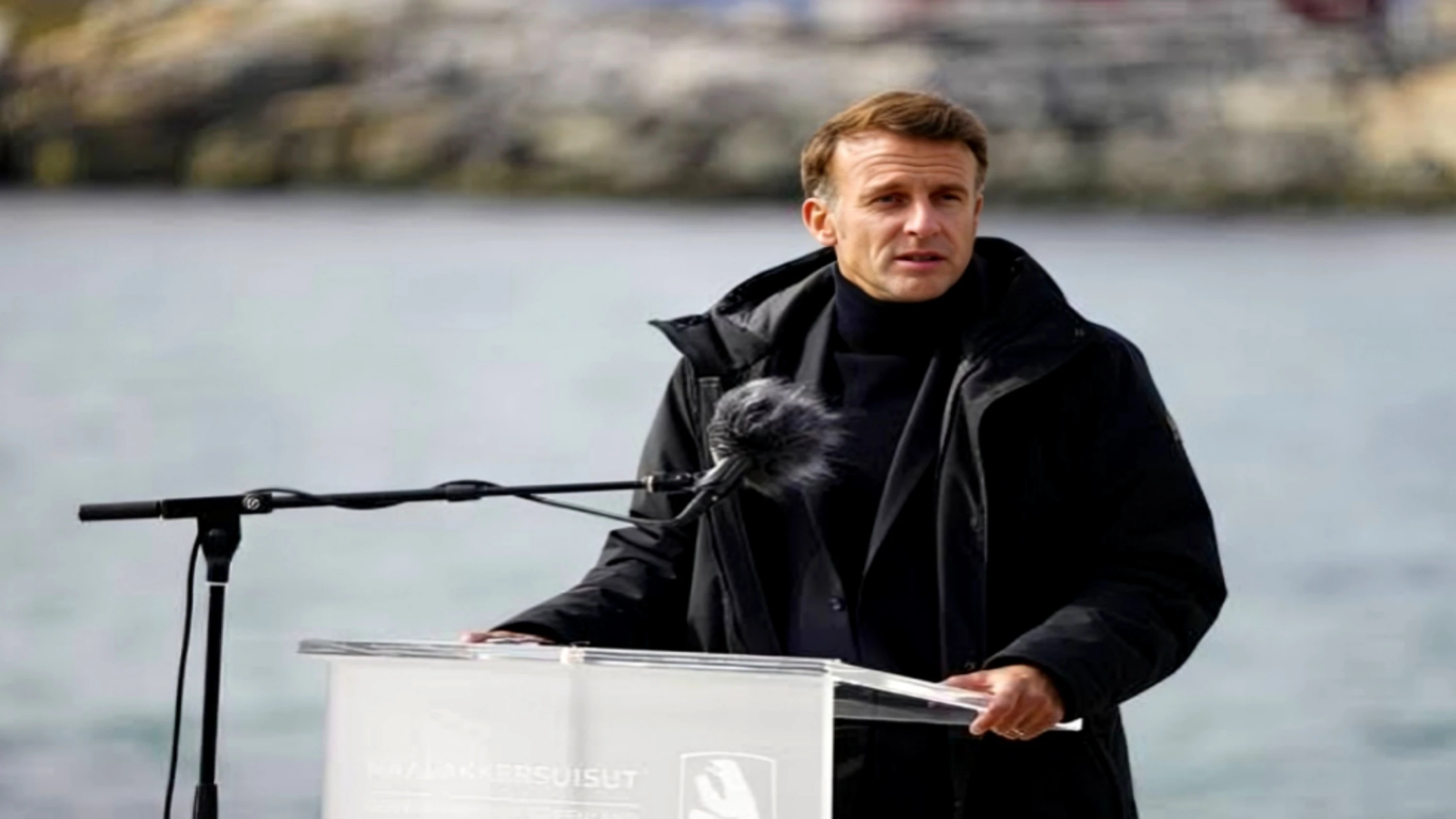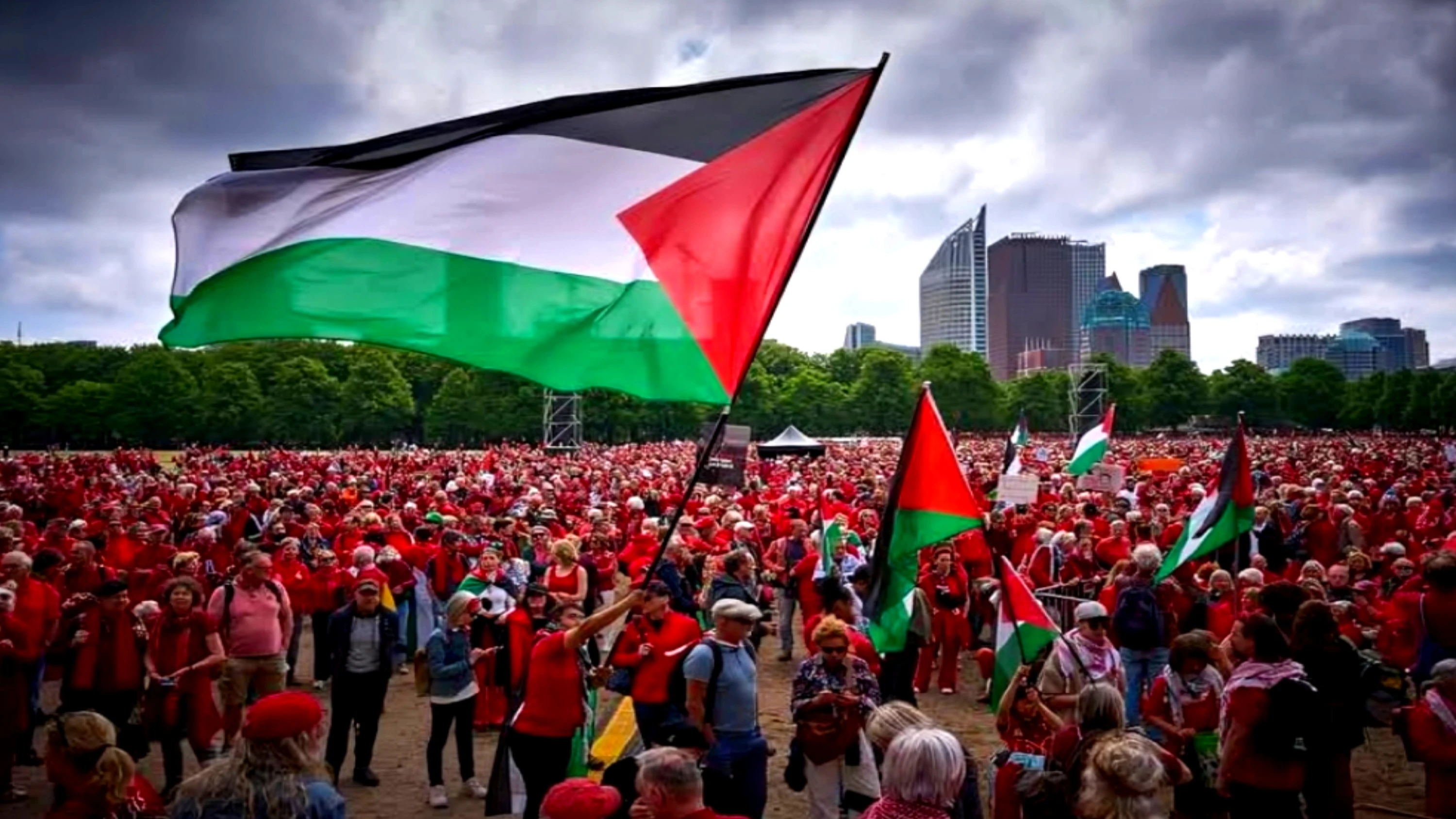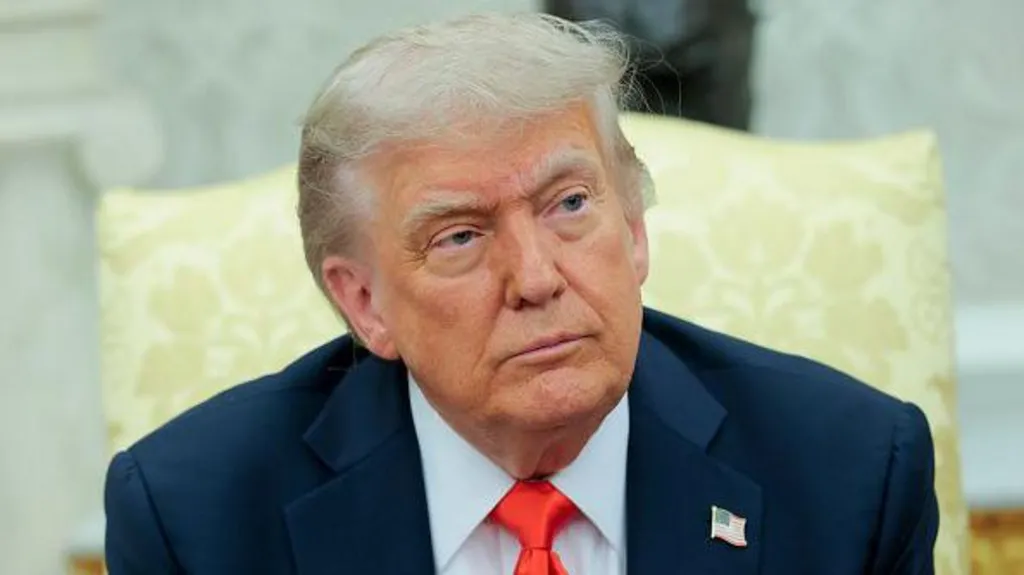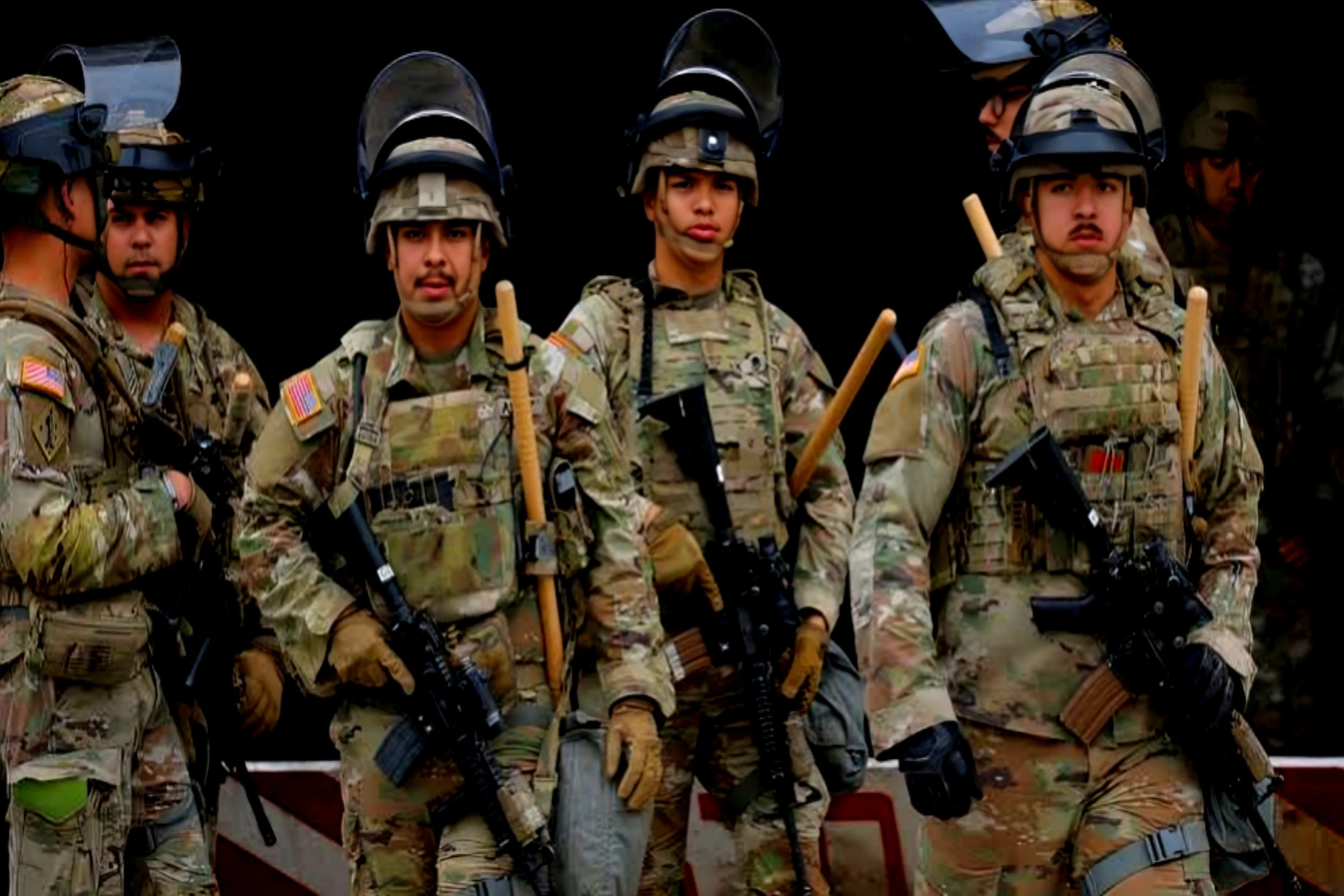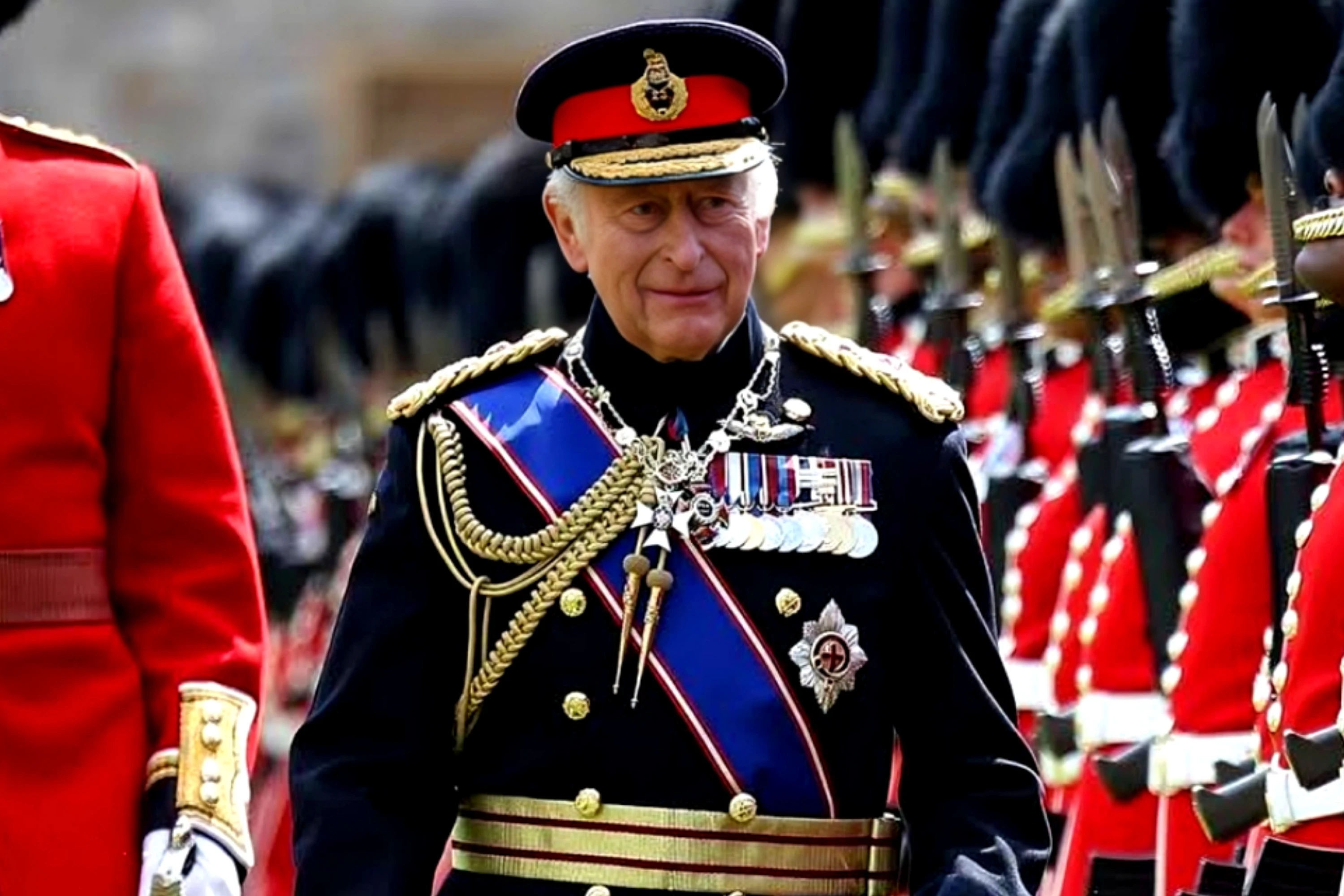SEOUL: South Korean President Yoon Suk Yeol has been officially removed from office following a ruling by the Constitutional Court, marking a dramatic turn in the nation’s political landscape. The court upheld the impeachment passed by parliament, citing Yoon’s controversial imposition of martial law, which led to the worst political crisis South Korea has faced in decades.
The ruling, delivered unanimously by the court, concludes months of intense political unrest that have diverted attention from economic concerns and relations with the United States under President Donald Trump. With Yoon’s removal, the country must now hold a presidential election within 60 days, as stipulated by the constitution. Until a new leader is elected, Prime Minister Han Duck-soo will serve as interim president.
Among the potential candidates to succeed Yoon, Lee Jae-myung, the leader of the Democratic Party, stands out as a front-runner. However, he too faces legal troubles with multiple corruption trials underway. Meanwhile, conservative candidates remain in a competitive race for leadership.
In delivering the verdict, Acting Chief Justice Moon Hyung-bae stated that Yoon had “seriously undermined democracy” by exceeding his constitutional authority with the December 3 martial law declaration. Moon described Yoon’s actions as a “betrayal of public trust,” emphasizing that they caused widespread disruption to governance, the economy, and foreign relations.
The ruling was met with celebration among Yoon’s critics. Thousands of protesters, some of whom had been demonstrating for weeks, erupted into cheers upon hearing the verdict, chanting “We won!” and expressing relief at the outcome.
"This took a long time, but I’m glad justice has been served," said Kim Han-sol, a university student at the rally outside the court.
In contrast, Yoon’s supporters were left in shock. Some wept openly, while others expressed their frustration. One protester was arrested for damaging a police vehicle, according to Yonhap news agency.
Following the court’s decision, Yoon issued an apology through his lawyers, saying, “I deeply regret that I was unable to meet the expectations of the people.” However, his legal team criticized the ruling, calling it “a political decision.”
Yoon still faces serious legal consequences, including a criminal trial for insurrection related to the martial law decree. If convicted, he could face life imprisonment or even the death penalty. Oral arguments in his trial are set to begin on April 14.
Meanwhile, South Korea’s economy remains under strain. The national currency remained stable, rising about 1% against the U.S. dollar, but the KOSPI stock index dropped 0.9%. The government is also dealing with a 25% tariff imposed by the U.S. on South Korean imports, further complicating economic policy.
To address economic challenges, the finance ministry has proposed a 10 trillion won ($7 billion) supplementary budget, though negotiations with the opposition remain uncertain. Lee Jae-myung has advocated for a significantly larger 30 trillion won package.
Following the ruling, Yoon’s presidential flag was lowered from the presidential office, and his portraits at military installations are being removed and destroyed, as required by law. Interim leader Kwon Young-se of Yoon’s People Power Party has pledged to support the acting president in ensuring stability ahead of the upcoming election.
While South Korea moves toward electing a new leader, many hope the ruling will reinforce the country’s commitment to democracy and human rights. Human Rights Watch called the decision “a victory for democratic values and accountability.”
Despite the political turbulence, Acting President Han Duck-soo has assured the public that he will work toward a smooth transition. “Our priority is maintaining order and preparing for a fair and transparent election,” he said in a statement.



